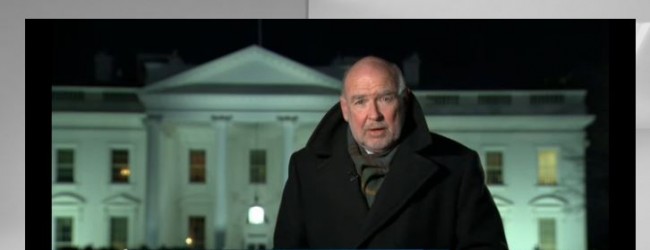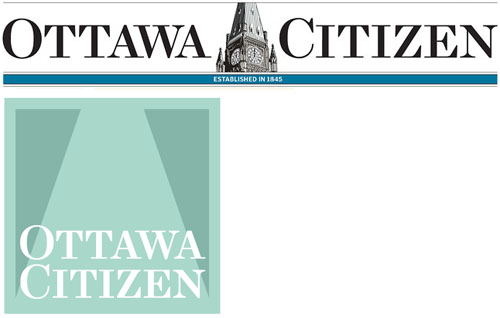‘I think there has been enough changes around the issue to warrant a sober second look’


‘I think there has been enough changes around the issue to warrant a sober second look’
The future of the Canadian Forces counterterrorism base in Ottawa could be decided in the next several months as senior defence officials consider whether it makes sense to follow through on plans to move it out of the nation’s capital.
Joint Task Force 2 was supposed to relocate to a new facility at the base at Trenton, Ont., but that move has been stalled for almost a decade. Top defence officials have been briefed about various options for JTF2 and its base at Dwyer Hill, a farming community within the City of Ottawa.
Maj.-Gen. Mike Rouleau, Canada’s special forces commander, declined to outline the options presented to the senior leadership, but said much has changed since the federal government first decided to move the unit.
“The situation is not the same today as it was in 2007,” Rouleau said. “The nature of threats is changing. The nature of what we’re being asked to do in relation to other partners in government has obviously matured.”
In 2008, the Conservative government of the day announced JTF2 would relocate to CFB Trenton, but in 2014 Department of National Defence officials said the unit would remain at Dwyer Hill until at least 2019.
The Conservatives had authorized spending $346 million to build a new facility at the Trenton base and relocate the unit. However, special forces command added requirements for more capabilities at the proposed site, expanding it beyond its original scope and significantly driving up costs.
The situation is not the same today as it was in 2007
Chief of Defence Staff Gen. Jon Vance was previously warned the project was facing major risk in “cost and scope,” according to documents Postmedia obtained under access-to-information law.
Last year the Liberal government announced it would boost the size of Canada’s special forces by 605 personnel, although it’s unclear how many of those would be assigned to JTF2.
At the same time, some of Canada’s allies have been rethinking the value of having counterterrorism forces situated in their capital cities, allowing for quick responses to any incidents. In January Germany announced that its Bonn-based GSG 9 counterterrorism unit would set up a new base in Berlin.
The JTF2 move to Trenton is still officially on the government’s books. But, said Rouleau: “I think there has been enough changes around the issue to warrant a sober second look and to make sure decision makers are comfortable where that circa 2006 decision stands in 2018.”
The military has been talking about the need for a new base for the unit since 2005. Among the options considered in the past were expanding the existing Ottawa site or relocating the unit to Garrison Petawawa, Ont., also home to other special forces units.
In a controversial move in 2012, the Conservative government expropriated a 90-hectare farm near the Trenton base for the JTF2 facility. The farm had been owned by Frank Meyers and had been in his family for more than 200 years. A bid to stop the expropriation failed.
The military took over the property, tore down barns and built a berm and some access roads. However, with plans for the site unclear, Meyers’ supporters have asked the Liberals to return the property. They have so far declined.
Canadian Special Operations Forces Command, or CANSOFCOM, oversees JTF2 in Ottawa; the 427 Special Operations Aviation Squadron and the Canadian Special Operations Regiment, both in Petawawa; and the Canadian Joint Incident Response Unit, a Trenton, Ont.-based organization that deals with weapons of mass destruction.
The Liberals’ defence plan also calls for new infrastructure for the Canadian Joint Incident Response Unit, which will be adding personnel. Some existing buildings will be remodelled while other new facilities will be constructed at Trenton.
If JTF2 vacates its Dwyer Hill installation, the site will be offered up within DND and then to other federal departments. After that it could be offered to provincial and municipal governments. “If there is no interest at these levels, the property will be sold on the open market through an open and fair process,” a DND spokeswoman has said.
• Email: [email protected] | Twitter: 
You must be logged in to post a comment.